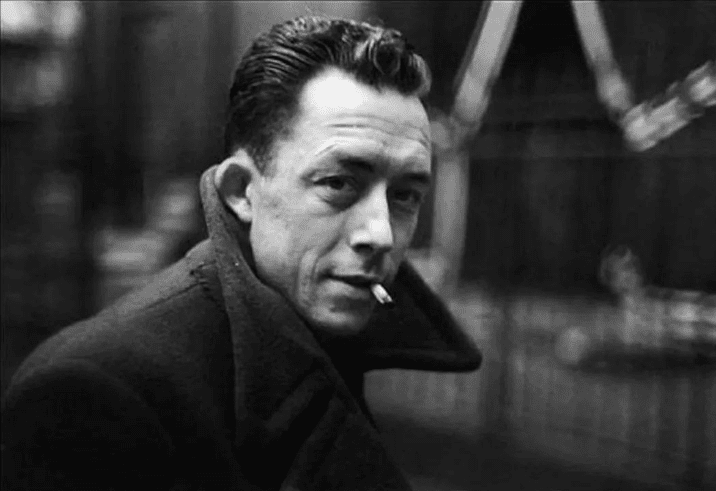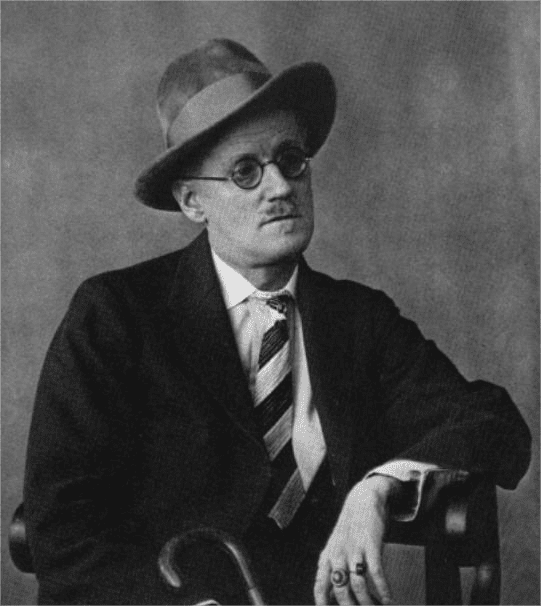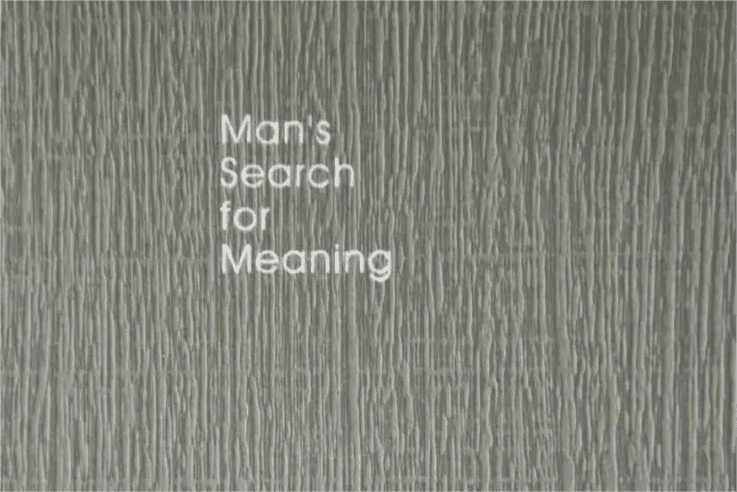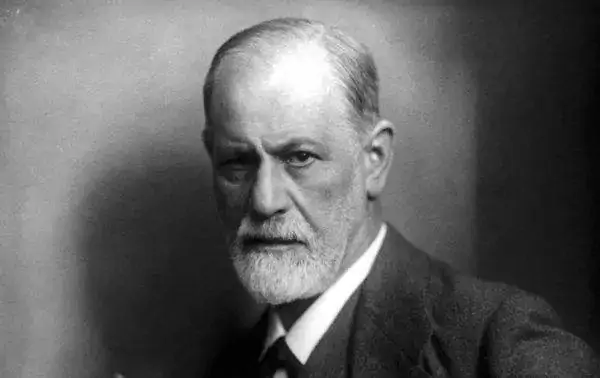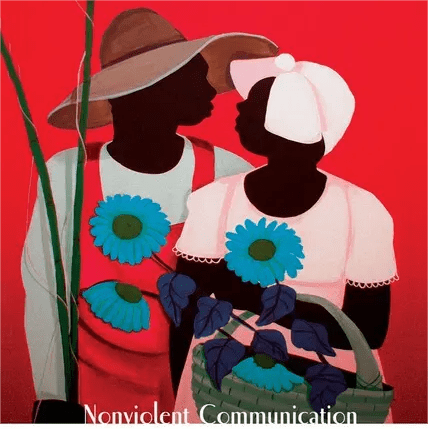In the interpretation of the novel, many people are willing to interpret the actual context of Camus’s writing — Camus was unable to communicate with his relatives in the south of France during the Second World War, which led to his loneliness and hatred of fascism, so the plague became a metaphor for fascism — but ignoring the context and treating “La Peste” as a predicament that everyone could face, “La Peste” would have been even more valuable for its insight into human nature in distress and its portrayal of human solidarity in despair.
From The Outsider to La Peste, Camus expressed some basic views of existentialist philosophy: the world is absurd, reality itself is unrecognizable, human existence is irrational, life is lonely, and life is meaningless. Therefore, although Camus repeatedly denied that he was an existentialist, Western literary historians still listed him as a writer of this genre. Camus himself once said: “‘ The Outsider ‘is about man alone in an absurd world, unable to help himself. La Peste vividly reflects some profound contradictions of the people of his time. This novel is also unique in artistic style, and the whole structure is rigorous; Rich breath of life; The characters are distinct. Camus adhered to the position of individualism and believed that the individual should be put in the first place. However, when he found that the existentialism emphasizing “individual absolute freedom” could not solve the contradiction of the existence of the bourgeois society, Camus finally returned to the traditional bourgeois humanism to seek an answer to the question “Where is the way out for human beings” which he had been pondering so hard.
‘La Peste’ is about facing the same absurd existence, and though everyone’s point of view is different, from a deep point of view, there is something in common.” La Peste, a masterpiece of the later period, shows some changes in the author’s thought. Morseau, the hero of The Outsiders, and Dr. Rieu, the hero of TLa Peste, face the same absurd world with a completely different attitude: Morseau is cold, indifferent, indifferent, even to the death of his mother and even to his own death. In his struggle against the pestilence that came from nowhere, Dr. Rieu felt lonely and hopeless at times, but he knew clearly that his duty was to fight against the poisonous bacteria that consumed thousands of innocent people, and in the hard struggle he saw that love, friendship, and maternal love brought happiness to life. Dr. Rieu is not alone.
Facing the extreme situation of plague “, different characters in “Plague” — Doctor Rieux, the volunteer Taru, the Abbe Panaru, the journalist Lambert, the small clerk Grang and the criminal Cotard have made their own “choices”. For Camus, however, Rieu and Tarrou are the two truly important characters in the novel, both in their resistance to the plague and in their narrative.
Rieux and Tarrou played an important role in the fight against the plague. Rieu followed the development of the epidemic from beginning to end, treating patients day and night; Tharu was active in the establishment of health and epidemic prevention volunteer organizations. Both paid a heavy price for fighting the plague. Rieu was so busy that he could not see his wife before she died, and Taru succumbed to the plague and gave his life. Rieu and Tharu formed a deep brotherhood during their deadly battle with the plague. In addition to focusing on their joint fight against the plague, Camus also assigned Rieu and Tarrou to share the narrative tasks of the novel. At the end of the novel, Dr. Rieu, who has lived through the plague, identifies himself as the author of a “chronological chronicle” of the Plague. That is to say, he is the narrator of the novel, but he is not the only one. In the course of Rieu’s narration, he constantly quotes Tarrou’s notes to describe the plague — Rieu and Tarrou are both narrators of the novel. It can be seen that Rieu and Tarou are the two most important characters in the novel, both in the resistance against the plague and in the narration of the novel.
The contradiction between Talu’s value proposition and real behavior in the fight against plague is worth noting and thinking. The value propositions of Tarou and Rieu do not contradict each other. Rieu’s cult of understated down-to-earth, Tarou’s crusade against high-profile heroism — two sides of the same coin, a one-for-two, two-for-one relationship. Taru abhorred the “father” principle and opposed heroism, believing that heroic social reform would lead to “legal” murder. In his opinion, it should not be heroism that cures the ills of society, but “real doctors” like Rieu who are down-to-earth and seize the moment. However, in the actual process of fighting the plague, Tarrou deviated from his own value proposition, and he and Rieu did not choose to act in the same way. Rieu declared himself “interested in how to be human” and “not interested in heroism or the ways of saints.” But Taru was concerned about heroic acts, “how to become a saint”. He ran around, actively mobilized volunteers to form an epidemic prevention organization, risked his life to fight against the plague, and finally gave his own life because of the plague.
On the one hand, Camus was cautious and afraid of Tharu’s heroism, even the heroism of fighting against evil. He believed that unlike Rieu and Gran, whose value orientation “depends on people themselves”, Tharu pursued something “beyond human beings”. At this time, he stood in the position of opposing Tharu. On the other hand, Camus tried to secularize and generalize Tarrou’s heroism, or “rieux” it. At this time, he stood in Tarrou’s position and agreed with Tarrou’s heroism.
As for Rieu, when Lambert tried to get Doctor Rieu to give him a certificate that he was free of the plague so that he could escape it and meet his lover, Rieu refused. Lambert accused him of “living in abstractions,” and Rieu argued that “in a sense the journalist was right,” but that “sometimes abstractions appear more potent than happiness, and then, and only then, must be valued.”
The significance of the Plague is that Camus has set himself a difficult problem, a test — a test of his philosophy of resistance. In the extreme situation of resistance to plague, happiness and resistance, “useful” and “interesting”, history and the present produced complex conflicts and entanglements. History needs to resist, and if it resists, it must sacrifice happiness. Camus, however, fears that giving up happiness will lead “resistance” to the opposite side of happiness. In this way, history cannot be involved, but it can only be a “static” resistance.
On the other hand, Camus’s choice of the image of the plague was not accidental. This terrible incarnation of evil forces is almost a living entity with strong vitality in the novel. Camus needed to use the plague as an allegorical cause. This disaster seems to have been deliberately drawn out of society. There are neither class contradictions that tear society apart, nor concrete sinners of evil, but all men are unhappy, isolated, and confronted with a mysterious and hostile world of natural forces. In this world, the most noble man, even the consumption of unimaginable power, can only limit the scope of the disaster, but not cure it.
Even though the plague could be seen as a symbol and a microcosm of everything that was a disaster, it was at that time a symbol of fascist despotism and war. For Camus, the world in which fascism is allowed to prevail for a while is even more absurd. In the novel, Dr. Rieu saw Cotard sitting at his desk reading a novel and asked him how he was. Cotard said he was in good health. But he’d be better off if he could make sure no one bothered him. Rieu did not understand him, so he advised him to get rid of his loneliness and get to know people more. Cotard said, “That’s not what I meant. I’m talking about people who go after you. ‘He pointed to the novel on his desk.’ I was just reading this novel. It tells about a hapless guy who was arrested one morning. People were watching him and he didn’t know it. Do you think it’s fair that people talk about him in the office and put his name on the file? Do you think they have the right to do so? “To this description, the Soviet critic Boris Bolev made a brilliant analysis in the article Existentialism and its Philosophy of” Man “; The novel Cotard was reading was Kafka’s The Trial. “The hunted images of Kafka and Camus artistically reveal the idea that modern man cannot protect himself from the bureaucracies of his own creation, yet free himself from persecution by the bureaucracies he controls, Man is powerless and helpless before such blind violence, even the plague, which happens by accident, is better. The plague became an ally of the forced captors. Plague is a scourge, but the violence of the abstract bourgeois system, which is the enemy of man, is an even greater scourge. Kafka foretold what was to come in The Trial, and Camus looked back to the near past in Cotard’s image: between The Trial and the Plague, there was the shadow of the era of fascist calamity. What they mean is that in countries where fascism has arisen. Modern people cannot prevent the violence of the system against the enemy of man and as the object of man.
Emphasizing the absurdity of the world and life, that is, the absurdity of existence, is the cornerstone of existentialist philosophy. Although Camus did not admit that he was a free chooser of existentialism writers in the absurd world, and he had some disagreements and arguments with Sartre, critics generally believed that his existentialism temperament was sometimes even stronger than Sartre’s, according to the main theme and basic concept of his works. Some of his works reveal the absurd life in the absurd world and express the ideal of people to fight against the absurd living conditions. At the same time, it reveals helpless bewilderment and anger towards absurd existence. The work contains more pessimistic and negative elements than Sartre. It is because Camus’ existentialist philosophical view emphasizes the absurdity of existence more than Sartre’s, so it is also called “absurd philosophy”.


